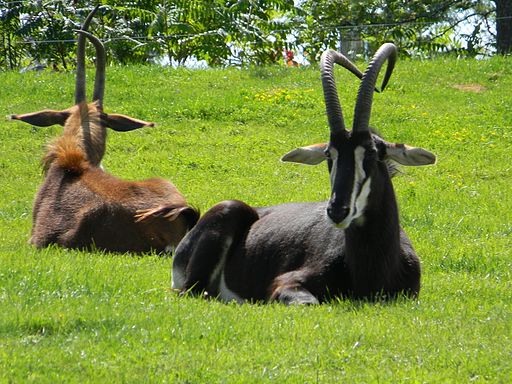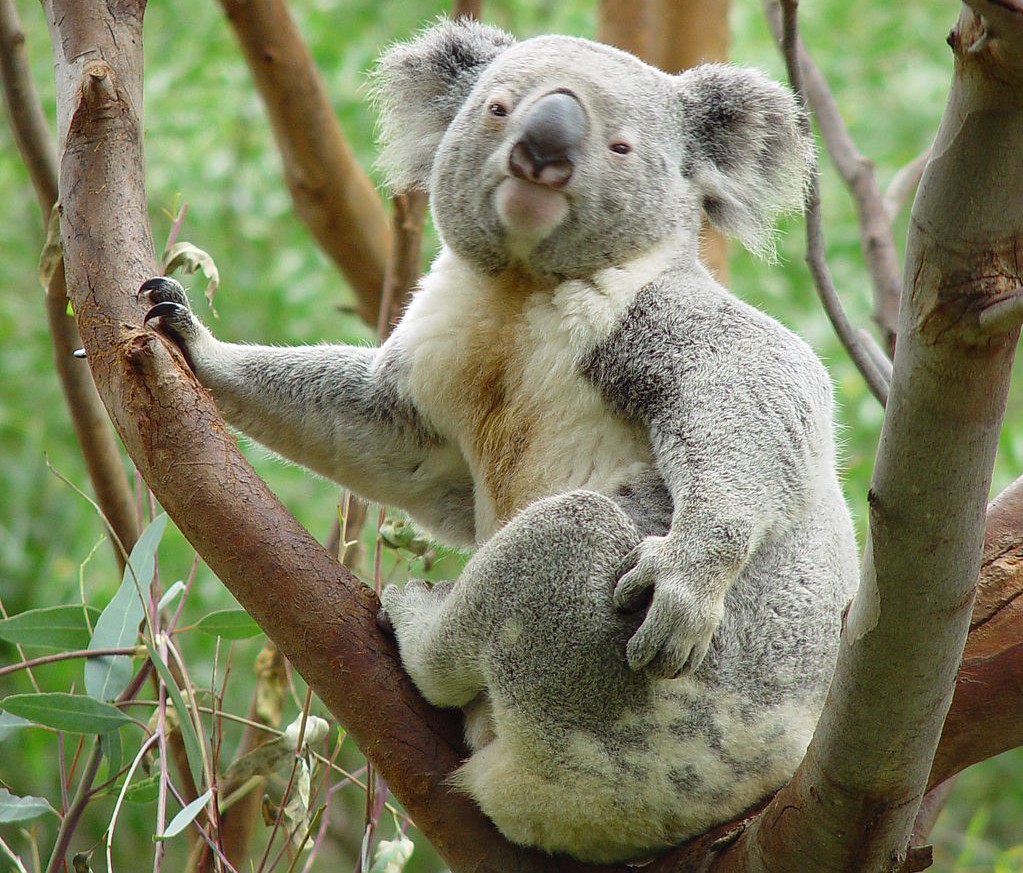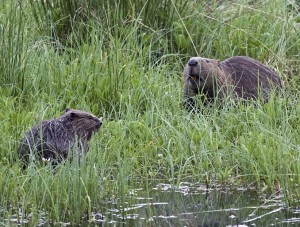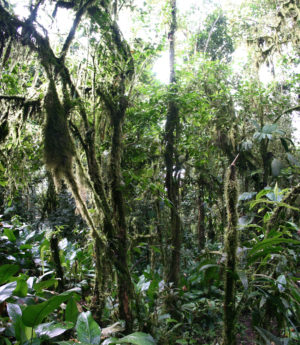Double Jeopardy for African Antelopes
Even small changes in climate could push these species out of their comfort zone and under the threat of extinction
 Image: By Laslovarga (Own work) [CC BY-SA 3.0 (http://creativecommons.org/licenses/by-sa/3.0)], via Wikimedia Commons
Image: By Laslovarga (Own work) [CC BY-SA 3.0 (http://creativecommons.org/licenses/by-sa/3.0)], via Wikimedia Commons Scientists have long suspected that species with the smallest home ranges will be at the greatest risk from climate change, because small ranges imply that the species thrives under a very narrow range of conditions. Even small changes in climate could push these species out of their comfort zone and under the threat of extinction.
A new study in Current Biology is the first to confirm this, discovering that climate change will cause a disproportionate decline in African antelopes with the smallest geographic ranges. The most-threatened species will be hardest hit.
Species that are found only in very restricted areas “are usually more demanding in the combination of temperature and rainfall conditions they require, and therefore suitable areas are more likely to disappear when temperature and rainfall do not change together,” said Jakob Bro-Jørgensen of University of Liverpool.
African antelopes were chosen as the subjects of the study because they are a diverse group of animals, so are ideal species to focus on when examining the relationship between range sizes and the effects of climate change. Also, they are of increasing conservation concern, with one-third of the world’s 87 species now listed as threatened.
The researchers modelled the current ranges of 72 species of African antelope based on their known ecological requirements and environmental conditions at present. They then generated forecasts of where those species might live in the future, based on multiple models of changes to the climate by the year 2080.
Results show that 82% of African antelope species will experience a decline in suitable habitat by 2080 due to the effects of climate change. Antelopes preferring cooler and drier climates are likely to be the hardest hit. Almost one-quarter are likely to see their range size drop by half. No African antelope is predicted to improve their threat status on the IUCN’s Red List as a result of changes in the climate, and the threat status of 10 species is predicted to worsen as a direct result of climate change. The researchers themselves were shocked to discover that a species’ threat status itself “was so closely linked to forecasts of drastic future range loss.”
“Our study shows that climate change is likely to hit wildlife even harder than we thought because the species already threatened stand to lose a higher proportion of their range,” Bro-Jørgensen says.
“The study clearly shows that several antelope species are in need of urgent conservation action to avoid extinction… But,” he adds, “there is also some good news: if we switch to more conservation-friendly land use, the threatened species with small ranges stand to benefit the most, having the greatest potential to expand their ranges. A major priority is to target the increasing fragmentation of wilderness areas, which prevents wildlife from tracking shifts in their environment.”





No comments yet.